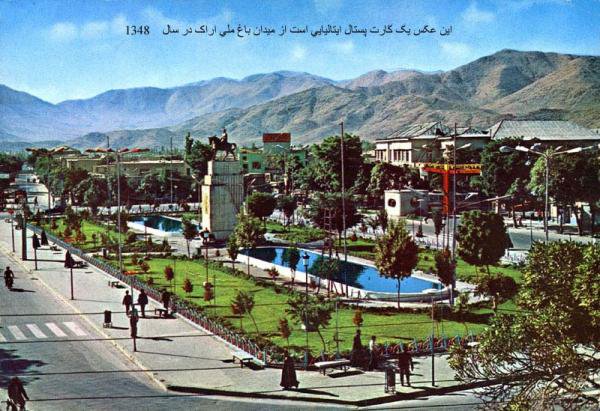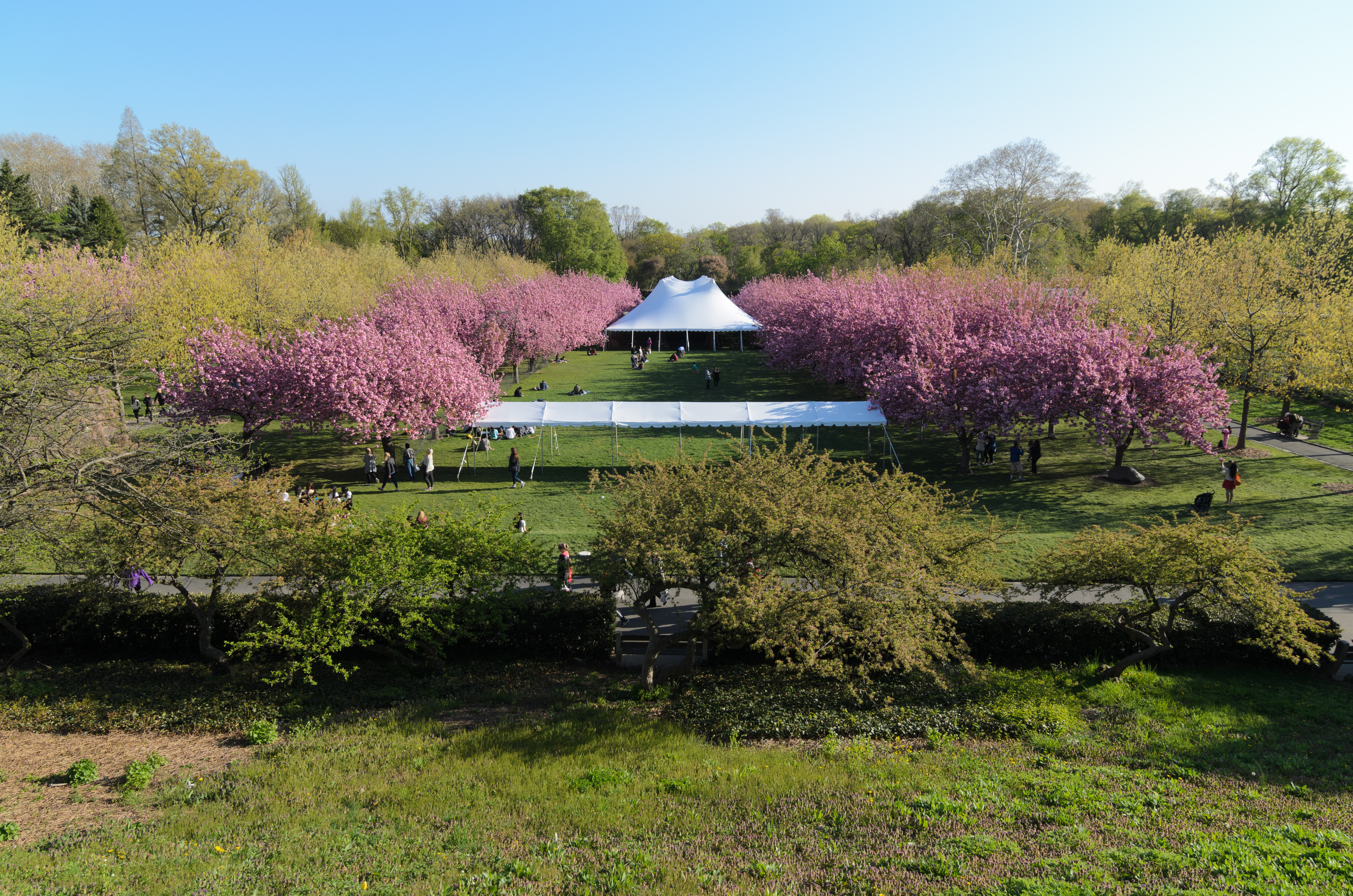|
Senjan
Senjan ( fa, سنجان, also Romanized as Senjān; also known as Senījān, Zenjān, Fenjān, and Fījān) was a city in the Central District of Arak County, Markazi Province, Iran Iran, officially the Islamic Republic of Iran, and also called Persia, is a country located in Western Asia. It is bordered by Iraq and Turkey to the west, by Azerbaijan and Armenia to the northwest, by the Caspian Sea and Turkmeni .... At the 2006 census, its population was 10,592, in 2,897 families. The city was reorganized as part of Arak, becoming Arak Municipality district 5. References Populated places in Arak County Cities in Markazi Province {{Arak-geo-stub ... [...More Info...] [...Related Items...] OR: [Wikipedia] [Google] [Baidu] |
Arak, Iran
Arak ( fa, اراک, ''Arâk''; ) is the capital of Markazi Province, Iran. At the 2011 census, its population was 526,182, in 160,761 families. The city is nicknamed the "Industrial Capital of Iran". As a major industrial city, Arak hosts several industrial factories inside and within a few kilometers outside the city, including the factory of Machine Sazi Arak and the Iranian Aluminium Company. These factories produce nearly half of the needs of the country in steel, petrochemical, and locomotive industries. As an industrial city in a developing country, Arak suffers from air pollution. Etymology Arâk The term ''Arâk'' remains from a name given to the region since the medieval period. It derives from Arabic '' al-ʿIrāq'', meaning "root", itself derived possibly from Akkadian ''Uruk'' ( he, אֶרֶךְ, ''Erech''). But new research has shown that the word Arak has the same roots with the words Iran and Arran, and the name Iraq is an Arabicized Persian word. During the ... [...More Info...] [...Related Items...] OR: [Wikipedia] [Google] [Baidu] |
Arak County
Arak County ( fa, شهرستان اراک) is in Markazi province, Iran. The capital of the county is the city of Arak; its former name was Sultanabad. اطلس گیتاشناسی استانهای ایران At the 2006 census, the county's population was 602,971 in 165,955 households. The following census in 2011 counted 599,634 people in 182,749 households, by which time Khondab District had been separated from the county to form Khondab County
Khondab County ( fa, شهرستان خنداب) is in Markazi province, Iran. The capital ...
[...More Info...] [...Related Items...] OR: [Wikipedia] [Google] [Baidu] |
Central District (Arak County)
The Central District of Arak County ( fa, بخش مرکزی شهرستان اراک) is a district (bakhsh) in Arak County, Markazi Province, Iran. At the 2006 census, its population (including those portions later split off to form Farahan County) was 543,859, in 150,880 families; excluding those portions, the populations was 535,449, in 148,646 families. The District has five cities: Arak, Davudabad, Senjan Senjan ( fa, سنجان, also Romanized as Senjān; also known as Senījān, Zenjān, Fenjān, and Fījān) was a city in the Central District of Arak County, Markazi Province, Iran Iran, officially the Islamic Republic of Iran, ..., Karchan and Karahrud. The District has eight rural districts (''dehestan''): Amanabad Rural District, Amiriyeh Rural District, Davudabad Rural District, Mashhad-e Miqan Rural District, Masumiyeh Rural District, Moshkabad Rural District, Sedeh Rural District, and Shamsabad Rural District. References Arak Co ... [...More Info...] [...Related Items...] OR: [Wikipedia] [Google] [Baidu] |
Merger (politics)
A merger, consolidation or amalgamation, in a political or administrative sense, is the combination of two or more political or administrative entities, such as municipality, municipalities (in other words city, cities, towns, etc.), county, counties, districts, etc., into a single entity. This term is used when the process occurs within a sovereign entity. Unbalanced growth or outward expansion of one neighbor may necessitate an administrative decision to merge (see urban sprawl). In some cases, common perception of continuity may be a factor in prompting such a process (see conurbation). Some cities (see #Notable municipal mergers, below) that have gone through amalgamation or a similar process had several administrative sub-divisions or jurisdictions, each with a separate Mayor, person in charge. Annexation is similar to amalgamation, but differs in being applied mainly to two cases: #The units joined are sovereign entities before the process, as opposed to being units of a ... [...More Info...] [...Related Items...] OR: [Wikipedia] [Google] [Baidu] |
List Of Countries
The following is a list providing an overview of sovereign states around the world with information on their status and recognition of their sovereignty. The 206 listed states can be divided into three categories based on membership within the United Nations System: 193 UN member states, 2 UN General Assembly non-member observer states, and 11 other states. The ''sovereignty dispute'' column indicates states having undisputed sovereignty (188 states, of which there are 187 UN member states and 1 UN General Assembly non-member observer state), states having disputed sovereignty (16 states, of which there are 6 UN member states, 1 UN General Assembly non-member observer state, and 9 de facto states), and states having a special political status (2 states, both in free association with New Zealand). Compiling a list such as this can be a complicated and controversial process, as there is no definition that is binding on all the members of the community of nations concernin ... [...More Info...] [...Related Items...] OR: [Wikipedia] [Google] [Baidu] |
Provinces Of Iran
Iran is subdivided into thirty-one provinces ( fa, استان ''ostân''), each governed from a local centre, usually the largest local city, which is called the capital (Persian: , '' markaz'') of that province. The provincial authority is headed by a governor-general (Persian: ''ostândâr''), who is appointed by the Minister of the Interior subject to approval of the cabinet. Modern history Iran has held its modern territory since the Treaty of Paris in 1857. From 1906 until 1950, Iran was divided into twelve provinces: Ardalan, Azerbaijan, Baluchestan, Fars, Gilan, Araq-e Ajam, Khorasan, Khuzestan, Kerman, Larestan, Lorestan, and Mazandaran. In 1950, Iran was reorganized to form ten numbered provinces with subordinate governorates: Gilan; Mazandaran; East Azerbaijan; West Azerbaijan; Kermanshah; Khuzestan; Fars; Kerman; Khorasan; Isfahan. Iran has had a historical claim to Bahrain as its 14th province: Bahrain Province, until 1971 under British colonial o ... [...More Info...] [...Related Items...] OR: [Wikipedia] [Google] [Baidu] |
Counties Of Iran
Iran's counties (''shahrestan'', fa, شهرستان, also romanized as ''šahrestân'') are administrative divisions of larger provinces (''ostan''). The word ''shahrestan'' comes from the Persian words ' ("city, town") and ' ("province, state"). "County," therefore, is a near equivalent to ''shahrestan''. Counties are divided into one or more districts ( ). A typical district includes both cities ( ) and rural districts ( ), which are groupings of adjacent villages. One city within the county serves as the capital of that county, generally in its Central District. Each county is governed by an office known as ''farmândâri'', which coordinates different public events and agencies and is headed by a ''farmândâr'', the governor of the county and the highest-ranking official in the division. Among the provinces of Iran, Fars has the highest number of ''shahrestans'' (37), while Qom has the fewest (3). In 2005 Iran had 324 ''shahrestans'', while in 2021 there were 467. ... [...More Info...] [...Related Items...] OR: [Wikipedia] [Google] [Baidu] |
Bakhsh
A ( fa, بخش, also romanized as ) is a third-level administrative division of Iran. While sometimes translated as "county," it is more accurately translated as "district," similar to a township in the United States or a district of England. In Iran, the provinces (first-level divisions) (استان, ''ostān'') consist of several counties (second-level divisions) (شهرستان, ''shahrestān''), and the counties consist of one or more districts (third-level divisions) (بخش, ''bakhsh''). A district consists of a combination of cities (شهر ''shahr'') and rural districts (دهستان, ''dehestān'') (fourth-level divisions). The official governor of a district is called a ''bakhshdar'', the head of the ''bakhshdari'' office. Rural districts are a collection of villages and their surrounding lands. One of the cities of the county is named its capital. To better understand such subdivisions, the following table may be helpful. Below is the 2006 structure of Khash ... [...More Info...] [...Related Items...] OR: [Wikipedia] [Google] [Baidu] |
Iran Standard Time
Iran Standard Time (IRST) or Iran Time (IT) is the time zone used in Iran. Iran uses a UTC offset UTC+03:30. IRST is defined by the 52.5 degrees east meridian, the same meridian which defines the Iranian calendar and is the official meridian of Iran. Between 2005 and 2008, by decree of President Mahmoud Ahmadinejad, Iran did not observe daylight saving time (DST) (called ''Iran Daylight Time'' or ''IRDT''). It was reintroduced from 21 March 2008. On 21 September 2022, Iran abolished DST and now observes standard time year-round. Daylight Saving Time transitions The dates of DST transitions in Iran were based on the Solar Hijri calendar, the official calendar of Iran, which is in turn based on the March equinox (Nowruz) as determined by astronomical calculation at the meridian for Iran Standard Time (52.5°E or GMT+3.5h). This resulted in the unique situation wherein the dates of DST transitions didn't fall on the same weekday each year as they do in most other countries. DST st ... [...More Info...] [...Related Items...] OR: [Wikipedia] [Google] [Baidu] |
Iran Daylight Time
Iran Standard Time (IRST) or Iran Time (IT) is the time zone used in Iran. Iran uses a UTC offset UTC+03:30. IRST is defined by the 52.5 degrees east meridian, the same meridian which defines the Iranian calendar and is the official meridian of Iran. Between 2005 and 2008, by decree of President Mahmoud Ahmadinejad, Iran did not observe daylight saving time (DST) (called ''Iran Daylight Time'' or ''IRDT''). It was reintroduced from 21 March 2008. On 21 September 2022, Iran abolished DST and now observes standard time year-round. Daylight Saving Time transitions The dates of DST transitions in Iran were based on the Solar Hijri calendar, the official calendar of Iran, which is in turn based on the March equinox (Nowruz) as determined by astronomical calculation at the meridian for Iran Standard Time (52.5°E or GMT+3.5h). This resulted in the unique situation wherein the dates of DST transitions didn't fall on the same weekday each year as they do in most other countries. DST st ... [...More Info...] [...Related Items...] OR: [Wikipedia] [Google] [Baidu] |
Gardens In Senejan (2)
A garden is a planned space, usually outdoors, set aside for the cultivation, display, and enjoyment of plants and other forms of nature. The single feature identifying even the wildest wild garden is ''control''. The garden can incorporate both natural and artificial materials. Gardens often have design features including statuary, follies, pergolas, trellises, stumperies, dry creek beds, and water features such as fountains, ponds (with or without fish), waterfalls or creeks. Some gardens are for ornamental purposes only, while others also produce food crops, sometimes in separate areas, or sometimes intermixed with the ornamental plants. Food-producing gardens are distinguished from farms by their smaller scale, more labor-intensive methods, and their purpose (enjoyment of a hobby or self-sustenance rather than producing for sale, as in a market garden). Flower gardens combine plants of different heights, colors, textures, and fragrances to create interest and delight the se ... [...More Info...] [...Related Items...] OR: [Wikipedia] [Google] [Baidu] |
.jpg)


